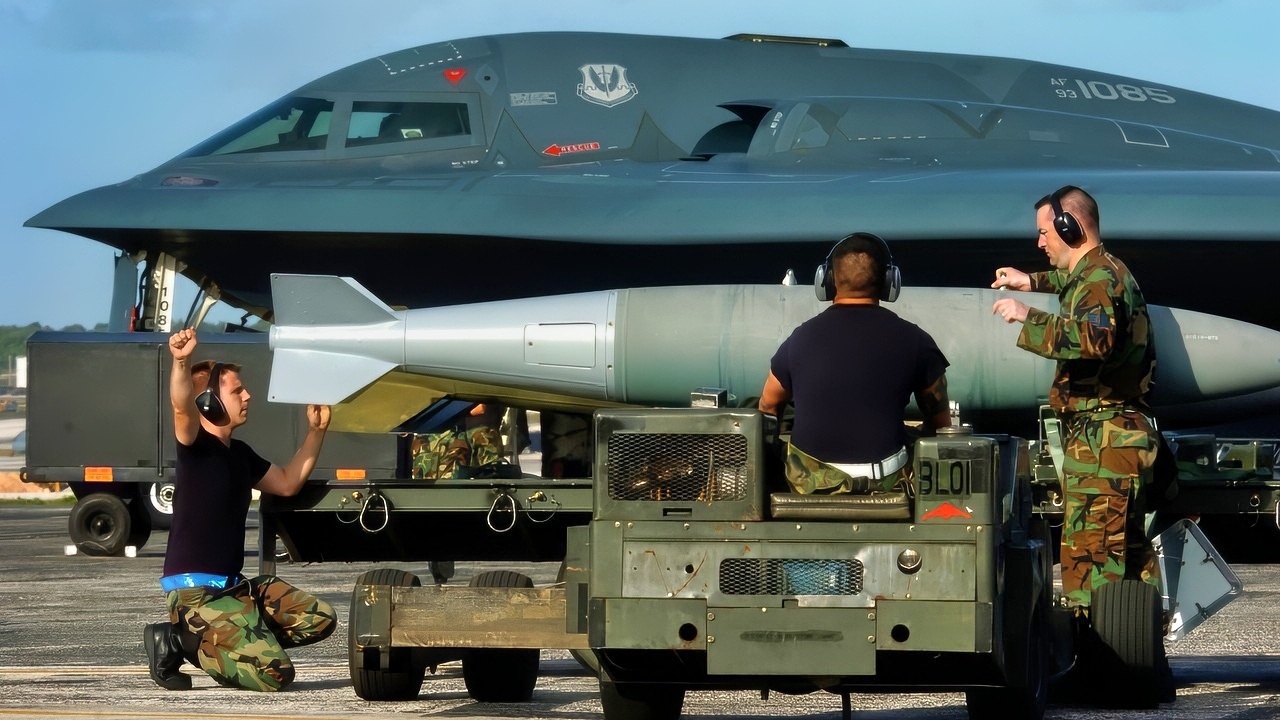Key Points and Summary – Despite a ceasefire ending the “12-day war” between Israel and Iran in June, tensions remain dangerously high, with military leaders from both nations issuing new threats.
-In response to the conflict, Iran has established a new “Supreme National Defense Council” to manage its defense plans.
-An analyst from Foreign Affairs, cited in the report, argues that while Israel achieved “undeniable military success” by damaging Iran’s nuclear sites, this victory could be squandered.
-The strikes may have only increased Tehran’s motivation to cross the nuclear threshold, making diplomacy more critical than ever.
Iran Has Made One Big Move Since Its ’12-Day War’ With Israel
Israel and Iran fought a war in June, the first-ever shooting war between the two countries, with Israel bombing Iran’s nuclear sites and Iran launching retaliatory strikes, using missiles and drones, on Israeli cities.
Then, after the U.S. joined the war with bombings of their own, the sides agreed to a ceasefire, and what President Donald Trump called “the 12-day war” was over.
But that doesn’t mean tensions and the possibility of a renewed war don’t remain.
The commander-in-chief of Iran’s military, Amir Hatami, said this week that Iran believes the threat from Israel remains.
“A 1% threat must be perceived as a 100% threat. We should not underestimate the enemy and consider its threats as over,” Hatami said, per the IRNA news agency, as cited by Reuters.
Israel has made their threats, with Defense Minister Israel Katz declaring in July that they would strike Iran again if necessary.
“Israel’s long arm will reach you in Tehran, Tabriz, Isfahan, and anywhere you try to threaten or harm Israel. There is no place to hide,” the Israeli defense chief said in a July statement from his office.
“If we must return, we will do so with greater force,” he added.
Meanwhile, Israel Defense Forces chief of staff, Lieutenant General Eyal Zamir, said in late July that “Iran and its axis remain in our sights; the campaign against Iran isn’t over.”
A New Council
Meanwhile, the AP reported, citing Iranian state media, that Iran has established a new “Supreme National Defense Council,” following the June war. President Masoud Pezeshkian will head the council.
“The council will handle defensive plans and improve the capabilities of Iran’s armed forces. Members will include the speaker of Parliament, the head of the judiciary, and the chiefs of military branches and related ministries,” per the AP report. “The defense, intelligence, and foreign ministries are expected to be council members.”
The AP added that Iran had a similar council during its long war with Iraq during the 1980s.
The Long View After the War
Also this week, Dalia Dassa Kaye wrote a piece for Foreign Affairs, about the aftermath of the war, called “Israel’s Squandered Victory.”
“After its 12-day war with Iran in June, Israel is in a far superior military and regional position than it was in 1967. It has neutered its most serious regional threats, and it has been decades since an Arab state fought a war with Israel. It has steadily degraded its nonstate adversaries, scoring surprising military and intelligence wins against Hezbollah in Lebanon last summer and continuing its decapitation of Hamas’s leadership in Gaza,” Kate writes.
“Its attack against Iran achieved undeniable military success in damaging Iran’s nuclear and missile facilities, and it demonstrated deep intelligence penetration through its brazen killing of Iran’s top military leadership and nuclear scientists. U.S. President Donald Trump’s subsequent decision to join the attack boosted Israeli Prime Minister Benjamin Netanyahu domestically.”
Much like in the U.S., the question is being asked about exactly how definitive the destruction of the Iranian nuclear sites was from the June war.
“Experts have questioned the full extent of damage to Iran’s nuclear program, and the strikes may have only strengthened the Iranian leadership and increased its motivation to cross the nuclear threshold. Houthi missile and drone attacks against Israel have also continued, suggesting that the diminishment of Iran’s proxy network is a work in progress,” Kaye writes.
Instead, Kaye argues that now is the time for diplomacy.
“This is arguably Israel’s moment to leverage this favorable strategic landscape and convert its military success into diplomatic capital, restarting talks with the Palestinians that could create long-term stability and encourage more of Israel’s Arab neighbors to normalize relations.”
About the Author: Stephen Silver
Stephen Silver is an award-winning journalist, essayist, and film critic, and contributor to the Philadelphia Inquirer, the Jewish Telegraphic Agency, Broad Street Review, and Splice Today. The co-founder of the Philadelphia Film Critics Circle, Stephen lives in suburban Philadelphia with his wife and two sons. For over a decade, Stephen has authored thousands of articles that focus on politics, national security, technology, and the economy. Follow him on X (formerly Twitter) at @StephenSilver, and subscribe to his Substack newsletter.
Hypersonic Weapons In-Depth
Russia’s Hypersonic Missiles Summed Up in 4 Words
America’s Hypersonic Missiles Summed Up in 4 Words
China’s Hypersonic Missiles Summed Up in 4 Words
